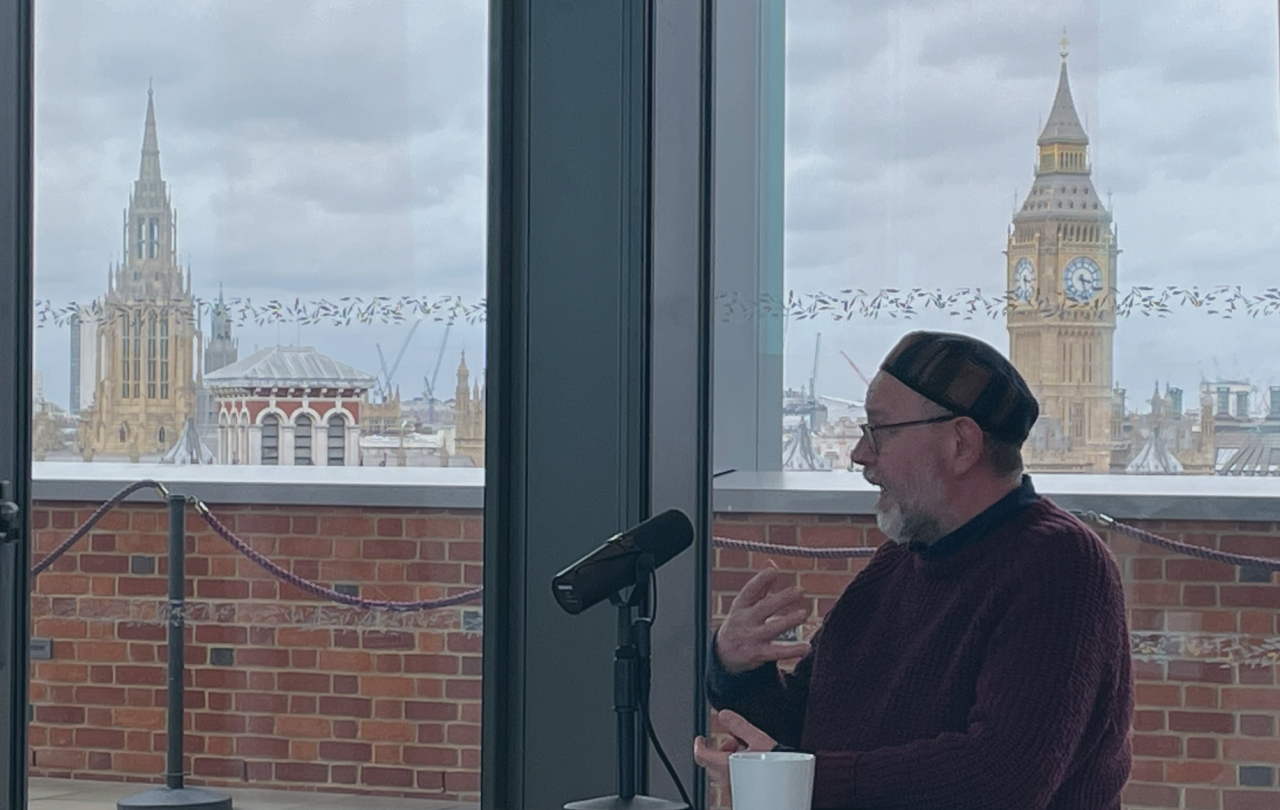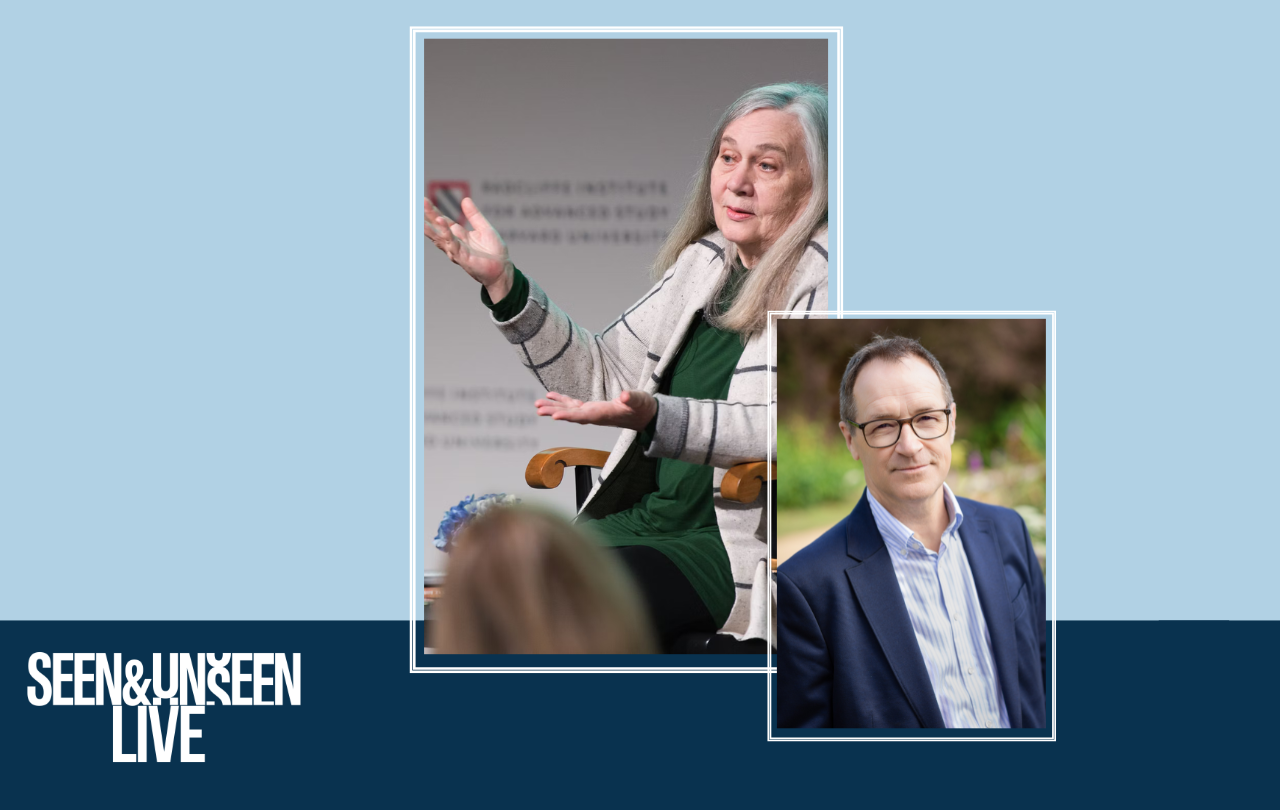
Listen now
Watch now
"Showcasing Spufford's gift for the old-fashioned alchemy of creating flesh-and-blood characters we care about deeply."
About this episode
This episode of Re-enchanting sits down with Francis Spufford, the author of Golden Hill and Light Perpetual.
Ranging from what books he is is reading at the moment, the podcast covers Spufford's journey into writing and the nature of disenchantment, as well as whether "Christianity belongs in some quiet corner of the human zoo."
It then moves on to explore the nature or re-enchanting, why it is what humans do, and and how our culture rewards it.
About the podcast series
The Re-enchanting podcast sees hosts, Justin Brierley and Belle Tindall, talk with guests about how Christianity can re-enchant culture, politics, the arts, the sciences, history, and so much more.
Despite the increasingly scientific and secular age we live in, many people are still searching for a bigger story to live by. The podcast features a mix of guests - both with and without faith - and explore how those who have tired of modern materialism are the ones seeking to 're-enchant' the world. This podcast is about tracing their journey and work.
Series one features conversations with the likes of Tom Holland, Louise Perry, Francis Spufford, Sally Phillips and Marilynne Robinson.
Hosted by Belle Tindall and Justin Brierley, it's recorded for Seen & Unseen at Lambeth Palace Library, home of the Centre for Cultural Witness.





